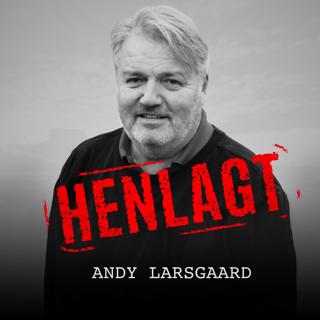
The Irish priest who built an airport
In May 1986, a new airport opened in Knock in the west of Ireland. It was the dream of an Irish priest, Monsignor James Horan, who raised millions to have it built. The location for the airport seeme...
20 Jan 9min

Exiled Ayatollah Khomeini returns to Iran
In February 1979, after the Shah left Iran, religious leader Ayatollah Khomeini flew back to Tehran from Paris.He had been in exile and was greeted by millions of people lining the streets. In 2011, M...
19 Jan 10min

Weekend listening: The History Bureau
If journalism is the first draft of history, what happens if that draft turns out to be flawed? The History Bureau revisits the defining stories of our times with the reporters who first covered them....
17 Jan 3min

Afghan Star
In 2005, a new show was launched on television in Afghanistan to find new musical talent – it was called Afghan Star and was inspired by formats like American Idol and the X-Factor. The programme came...
16 Jan 10min

The deadly Vargas mudslides in Venezuela
In December 1999, torrential rain in Venezuela led to floods and mudslides. Government estimates put the number killed at 3,000 but other reports suggest between 10,000 and 30,000 were killed. Many bo...
15 Jan 10min

Creating Cluedo
Air raids and blackouts during World War Two helped Anthony Pratt invent one of the most popular family board games: Cluedo.But the musician's real inspiration came from his job in the 1930s, playing ...
14 Jan 10min

The creation of the modern kitchen
In 1926, Austrian architect Margarete Schütte-Lihotzky created the modern kitchen. It was called the Frankfurt Kitchen and was something she didn’t like to talk about as she had done so much more - sh...
13 Jan 10min

Brain: PC virus
In 1986, 'Welcome to the dungeon' was the message that flashed up on computer screens. Brain is thought to be the first virus for personal computers.It spread around the world and became infamous when...
12 Jan 10min





















